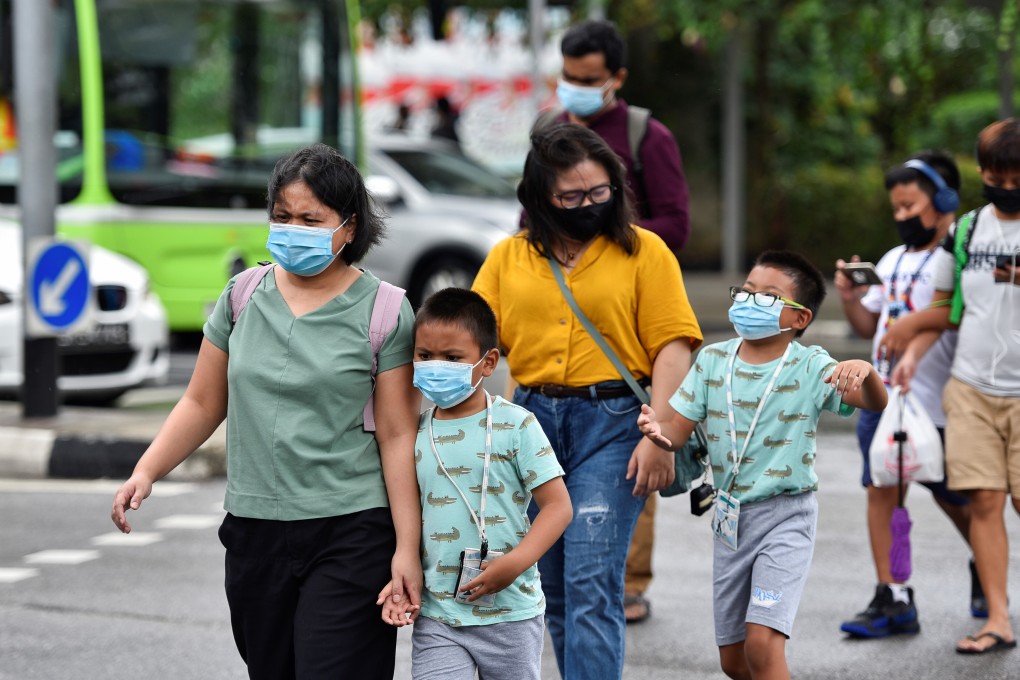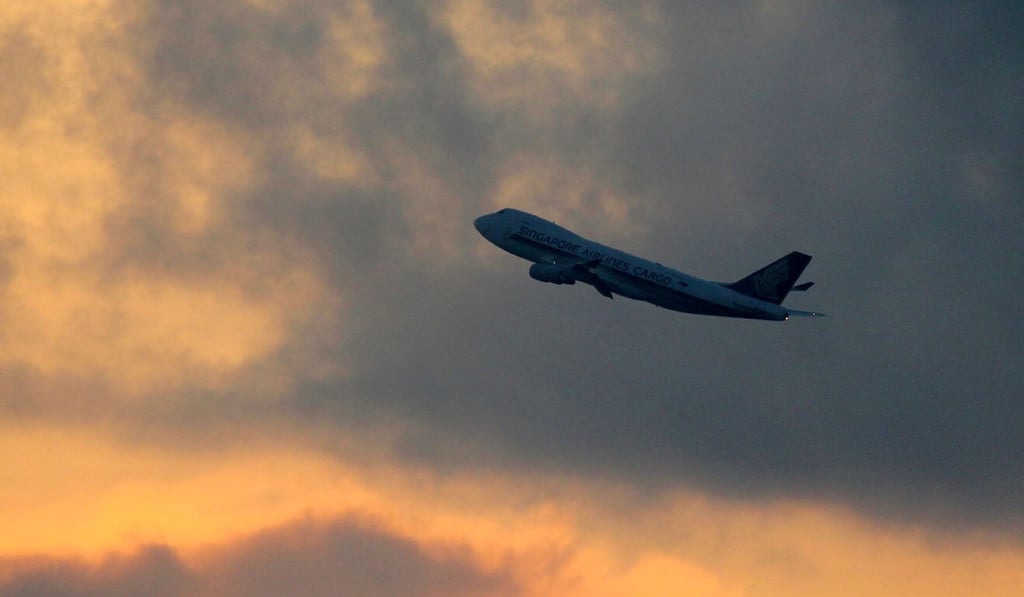Advertisement
Coronavirus: Singapore reports 38 local cases, likely pushing Hong Kong travel bubble back further as travel with Taiwan tightened
- The increase brings the city state’s seven-day average of unlinked cases close to the limit agreed with Hong Kong under their quarantine-free travel agreement
- Singapore and Taiwan tightened travel between each other, meanwhile, as both face new outbreaks
Reading Time:4 minutes
Why you can trust SCMP

Singapore’s health ministry on Sunday preliminarily confirmed 38 locally transmitted Covid-19 cases, the highest daily number in more than a year, as the city state returned to the strictest curbs on gatherings since a coronavirus lockdown last year.
Of the new cases, 18 are currently unlinked, the health ministry’s preliminary report said.
In addition, there were 11 imported cases, who had already been placed on stay-home notice or isolated upon arrival in Singapore. Five of them were returning Singaporeans or permanent residents.
Advertisement

This brings the seven-day moving average of unlinked cases in Singapore to 4.71. Hong Kong’s stands at 0.57. The Singapore-Hong Kong travel corridor, which was rescheduled to start on May 26, looks likely to be postponed again. Under the arrangement, the bubble will be suspended if the seven-day moving average of unlinked cases in either city exceeds five.
Advertisement
Singapore has reported more than 61,000 virus cases, the bulk of which have been linked to outbreaks in foreign worker dormitories, and 31 deaths. While none of Sunday’s new cases are in the dormitories, they are the highest number of local infections outside the dormitories in a year.
Advertisement
Select Voice
Select Speed
1.00x